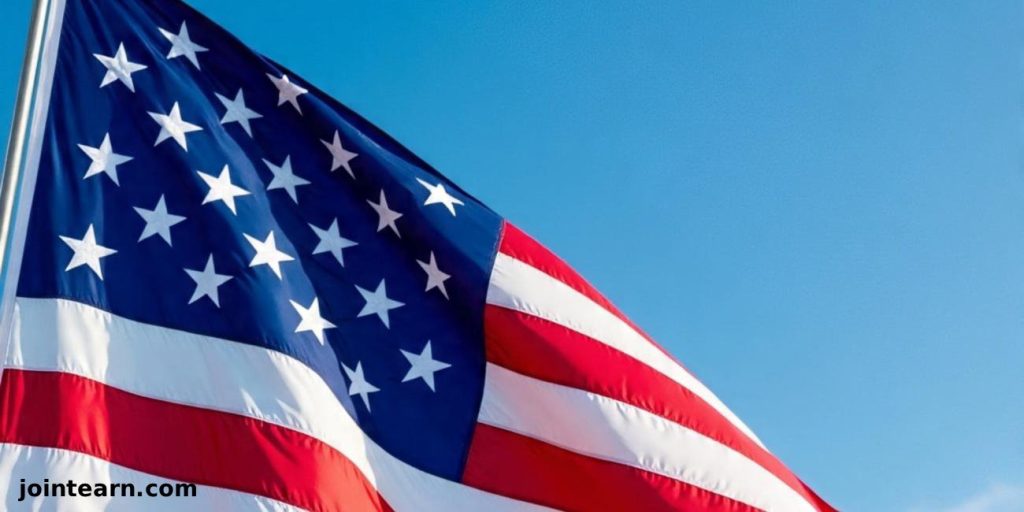
A United States–based human rights organisation, Ekwenche Research Institute, has raised alarm over what it describes as a “persistent Christian genocide” in Nigeria, accusing the Nigerian government of complicity and failure to protect vulnerable citizens.
In a statement issued from its Chicago office on Wednesday, November 12, 2025, and signed by Dr. Mbajiogu Akujieze, President of the Institute, alongside Mazi Luke Nwannunu and Rev. Emeka Nwachukwu, the group said the ongoing mass killings of Christians and ethnic minorities amount to genocide and demanded international sanctions against those responsible and their sponsors.
“After independent and authentic research, we find the incessant killings of Christians and other ethnic minorities in Nigeria to be credible evidence of genocide,” the statement read.
“The Nigerian government’s repeated denials are a ruse — by commission or omission, it stands deeply culpable.”
Findings and Previous Legal Actions
Ekwenche said its conclusion followed years of investigation into Nigeria’s worsening ethno-religious violence, supported by data from other human rights bodies and international media. It endorsed reports by the International Society for Civil Liberties and Rule of Law (InterSociety) as “credible, factual, and in line with other reputable findings.”
The organisation recalled that in 2017, it sought forensic review of InterSociety’s evidence on crimes against humanity allegedly committed in Eastern Nigeria under the administration of former President Muhammadu Buhari. The evidence, reviewed by U.S.-based lawyers Bruce Fein and Bruce W. DelValle, led to the filing of a criminal complaint before the International Criminal Court (ICC) in 2019.
“Our research confirms that decades of religiously motivated killings have escalated in intensity. The documented evidence is overwhelming,” the group said.
Allegations of Government Complicity
Ekwenche accused successive Nigerian governments of allowing “foreign jihadist elements” into the country since 2015, claiming they were responsible for coordinated attacks on Christian and indigenous communities.
“From 2015, the Nigerian government brought in foreign jihadist Fulani killers and has failed to act against them,” the statement alleged.
“Their sponsors are not far removed from political, military, and religious elites.”
The group also condemned what it called Nigeria’s “moral and institutional collapse,” citing failures in the judiciary, legislature, and economy, which it described as “corrupt, compromised, and serving only a predatory elite.”
Call for International Sanctions and Intervention
Ekwenche urged the international community to impose sanctions on individuals and entities linked to jihadist violence in Nigeria, including alleged sponsors within government circles. It specifically called for the designation of the Miyetti Allah Cattle Breeders Association of Nigeria (MACBAN), the Fulani Nationality Movement (FUNAM), and affiliated groups as “Entities of Particular Concern.”
The institute appealed for international mediation toward self-determination referenda or a negotiated restructuring of Nigeria, saying the country’s forced union has become “untenable” due to deep-seated ethno-religious divisions.
“Nigeria’s crisis is not merely one of bad governance,” the group said. “It is a fundamental incompatibility within a forced union driven by radicalism and domination. The world must act now before it is too late.”
A Call for Peaceful Resolution
While insisting it rejects violence, Ekwenche said it seeks a peaceful, democratic solution that allows all peoples within Nigeria to live in dignity and self-determination.
“We reject violence. We seek a future where every community can freely determine its destiny under accountable institutions,” the statement concluded.
The organisation urged the world to treat Nigeria’s situation with the same urgency as East Timor, South Sudan, and Kosovo, adding:
“The world stood for those people. Why can’t it now stand for the people of Nigeria?”


Leave a Reply